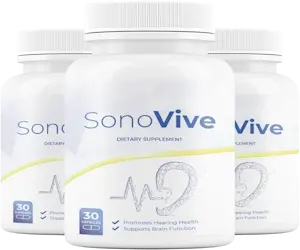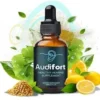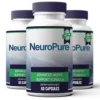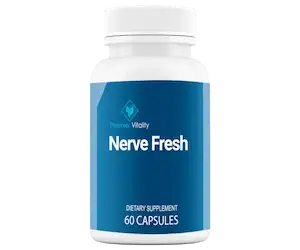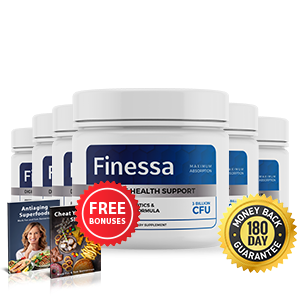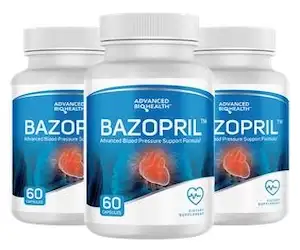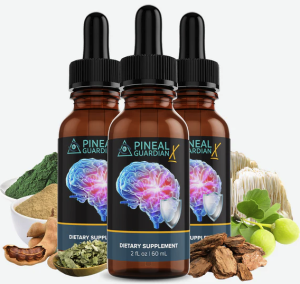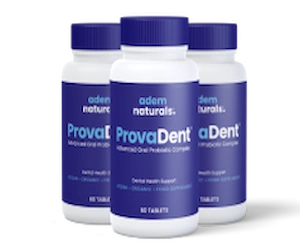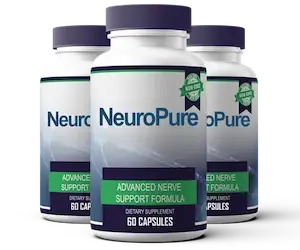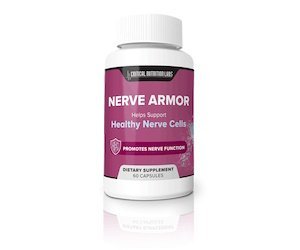SonoVive Product Description
Taking care of your hearing should feel simple, not stressful. SonoVive is made for daily support with an easy dropper routine that fits into real life. No complicated schedules, no harsh stimulants, no mystery blends.
Why people choose SonoVive
- Made for ear health support: Built to support hearing clarity and overall ear wellness.
- Supports tinnitus comfort: Designed to help with ringing and buzzing that can distract you.
- Backs brain support too: Focus and sound processing matter, so the formula also supports brain function.
- Plant-based blend: Uses natural ingredients often linked with ear and nerve support, including hawthorn, skullcap extract, and St. John’s Wort (as listed in available product details).
Clean, careful manufacturing
SonoVive is made in the USA at an FDA-approved, GMP-certified facility. That means you get a product made under strict quality standards, with a focus on purity. It’s also described as free from risky stimulants and hidden toxins.
What to expect
With daily use, many people look for:
- Clearer sound over time
- Less noticeable ringing
- Better focus and calmer days
Consistency matters here. Make it part of your routine, then give your body time to respond.
Who it’s for
SonoVive is a good fit if you want a daily, low-fuss option for hearing support, and you care about clean manufacturing standards.
If you’re ready for a calmer, more confident way to support your hearing, SonoVive keeps it simple.
Dietary Supplements
Dietary Supplements
Dietary Supplements
Dietary Supplements
Dietary Supplements

